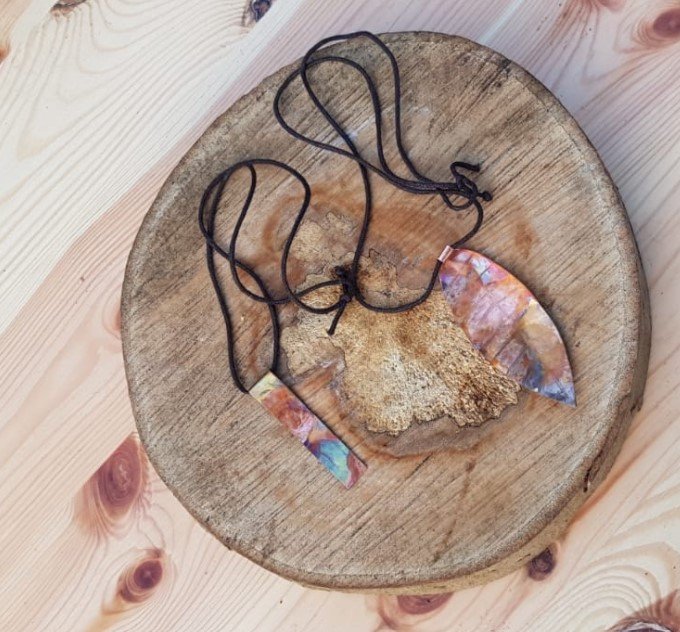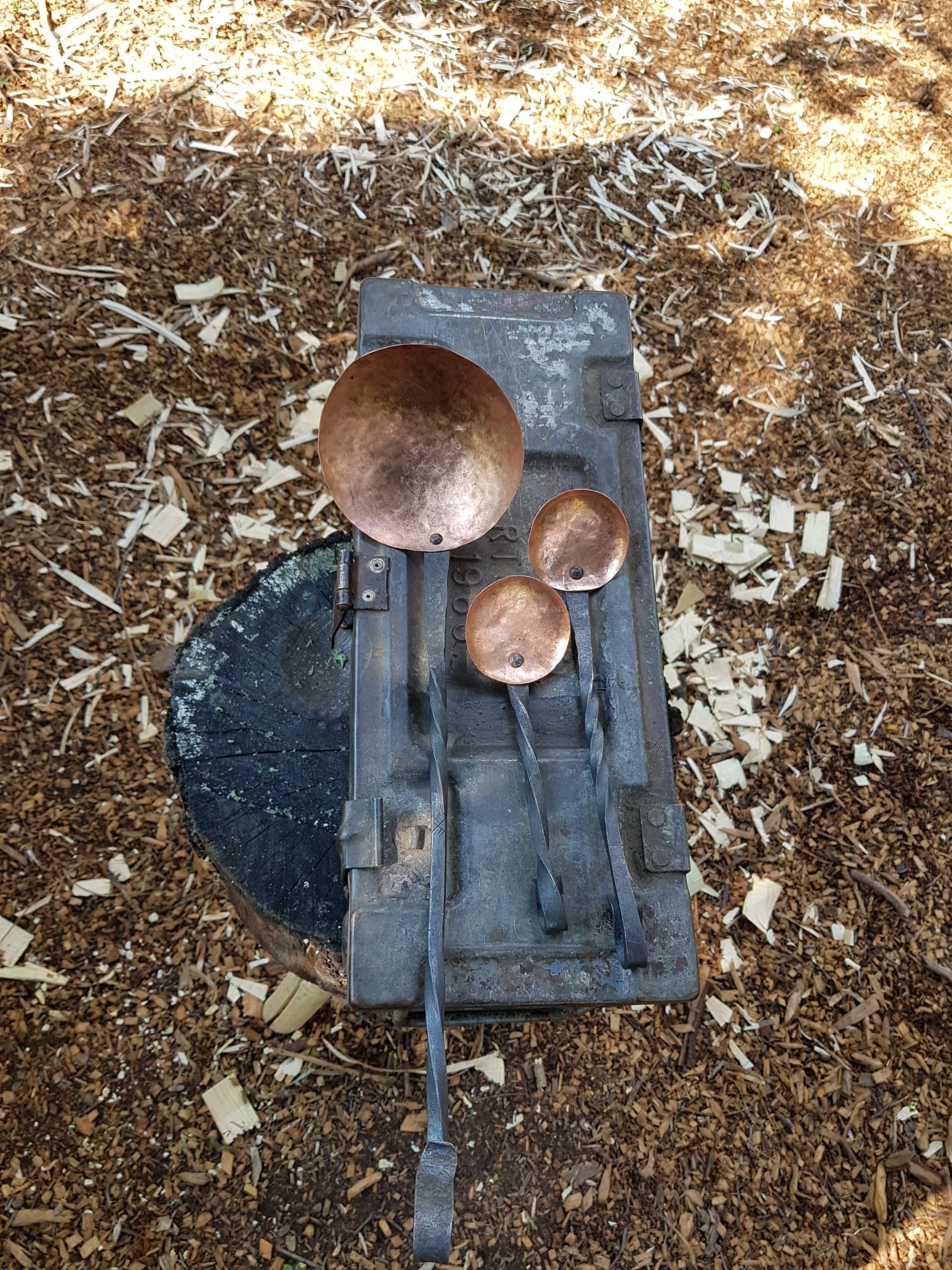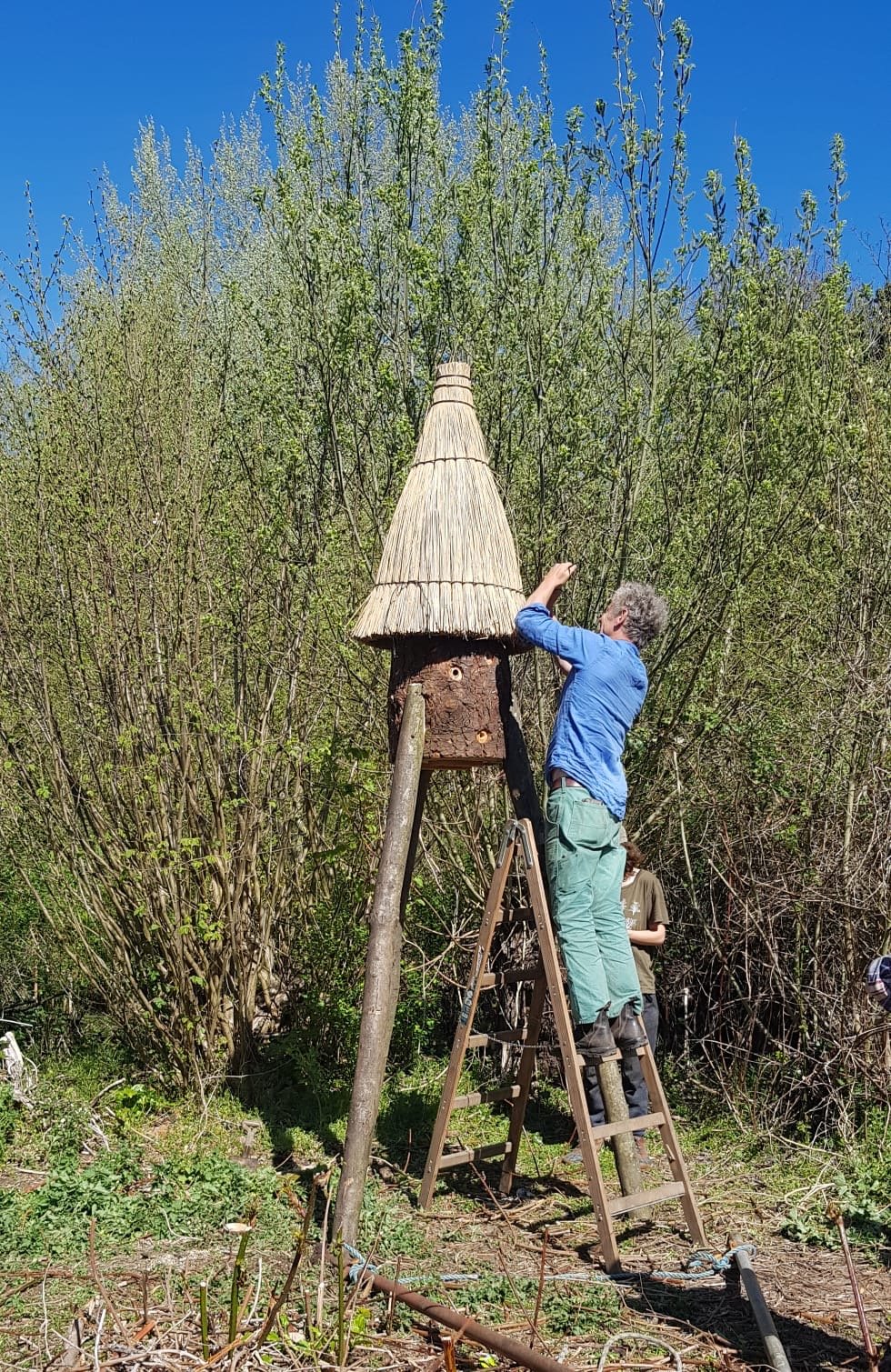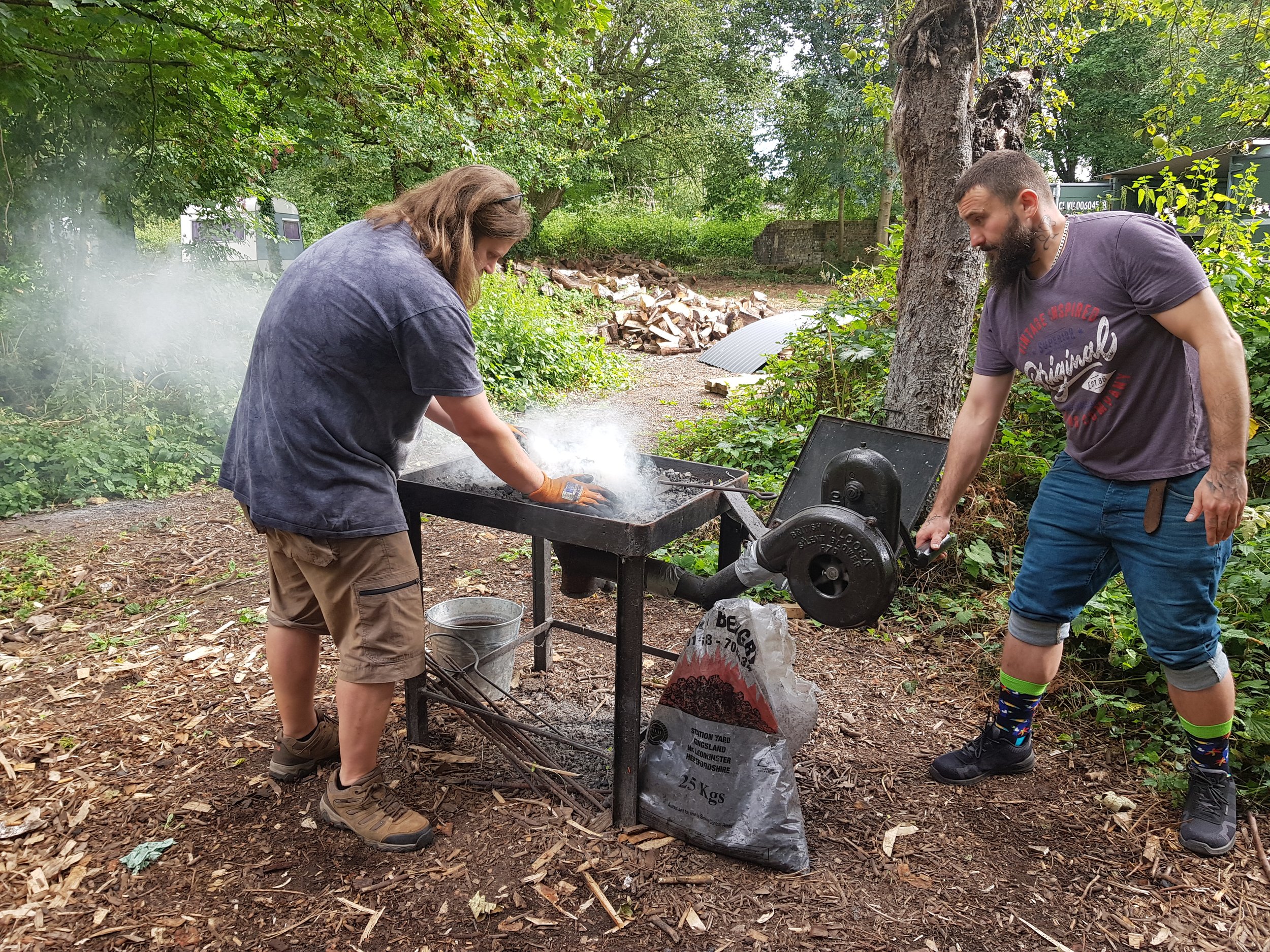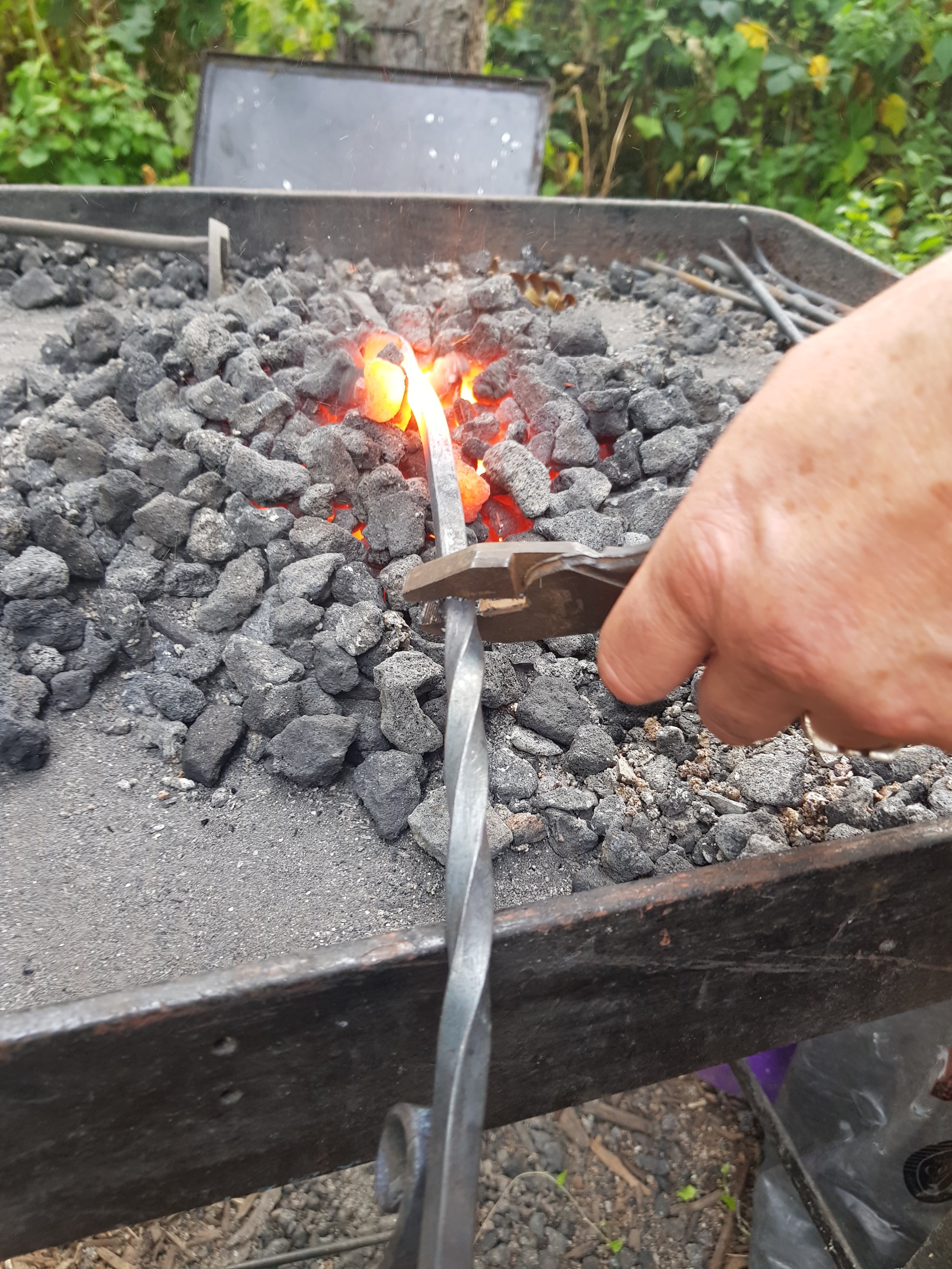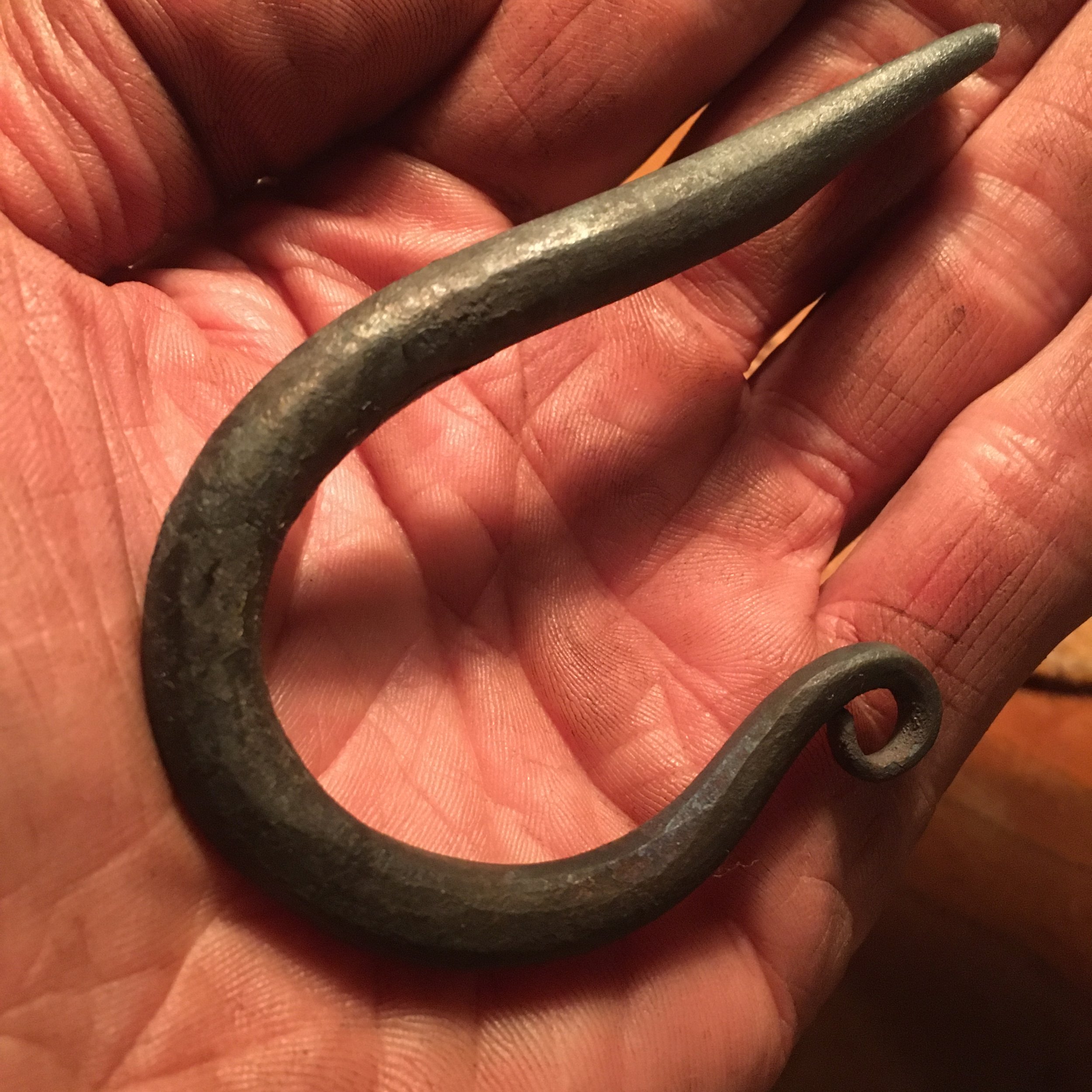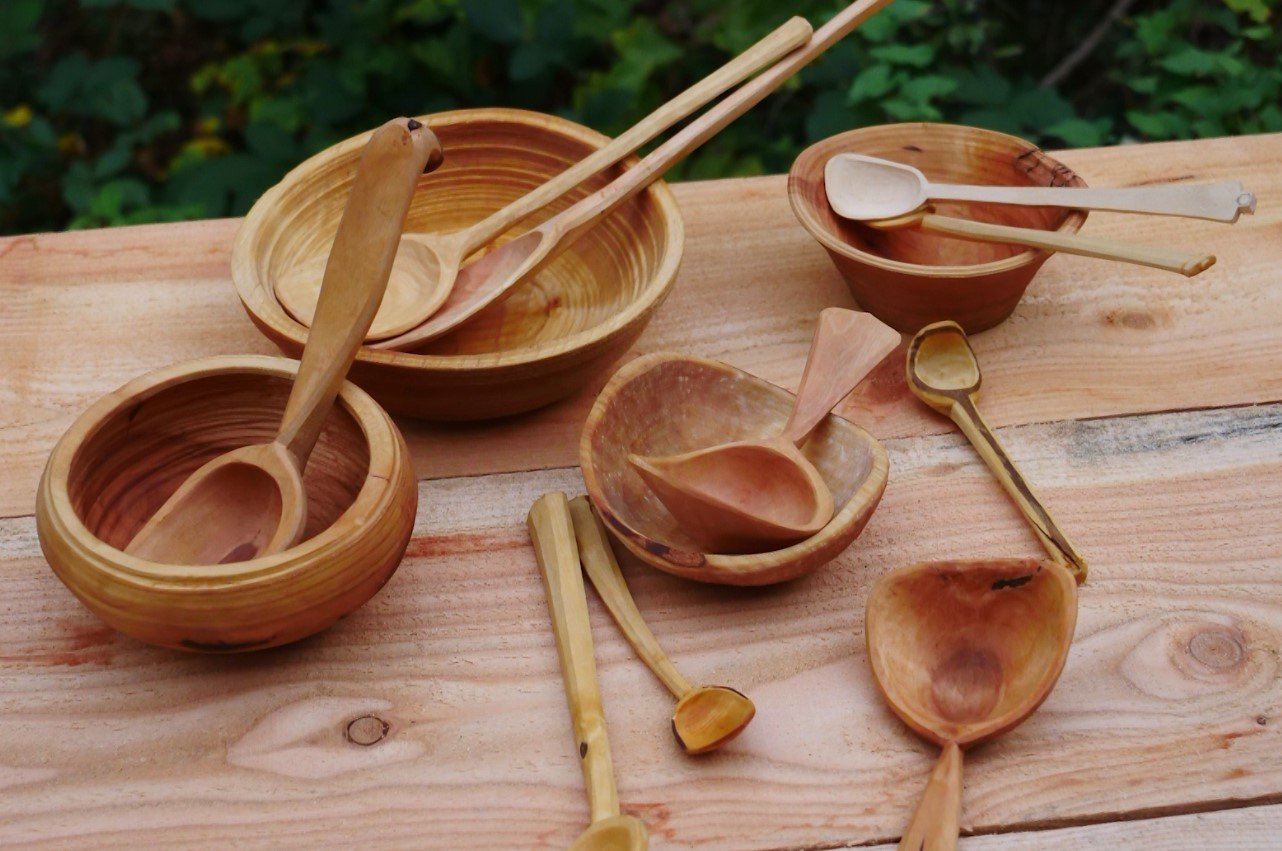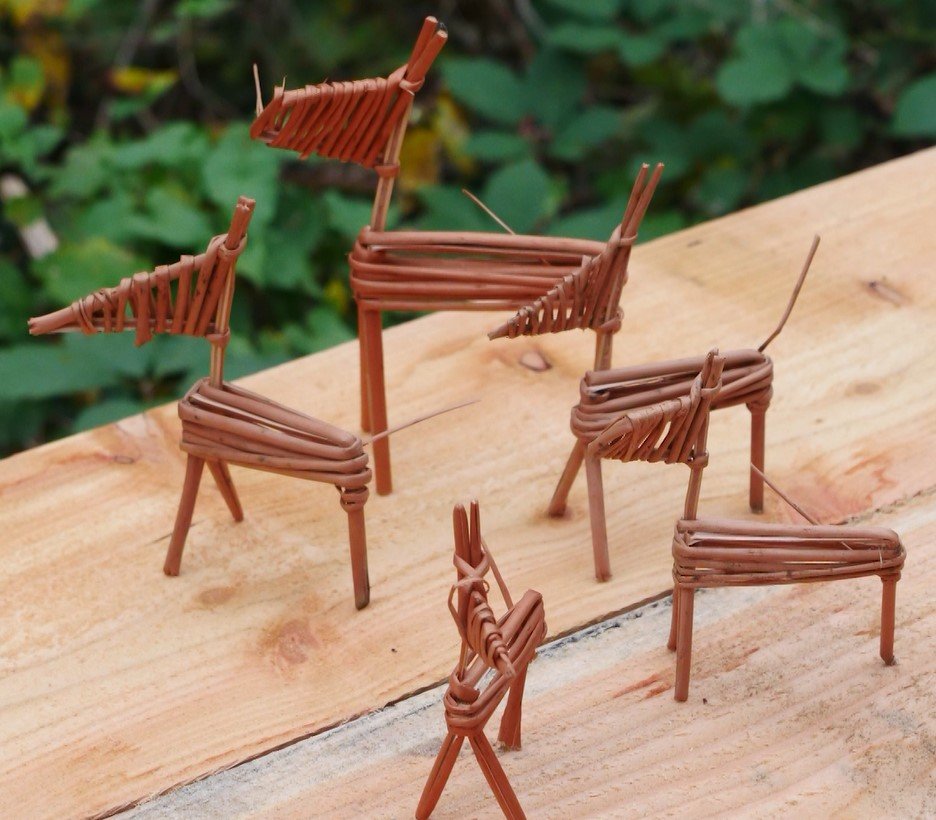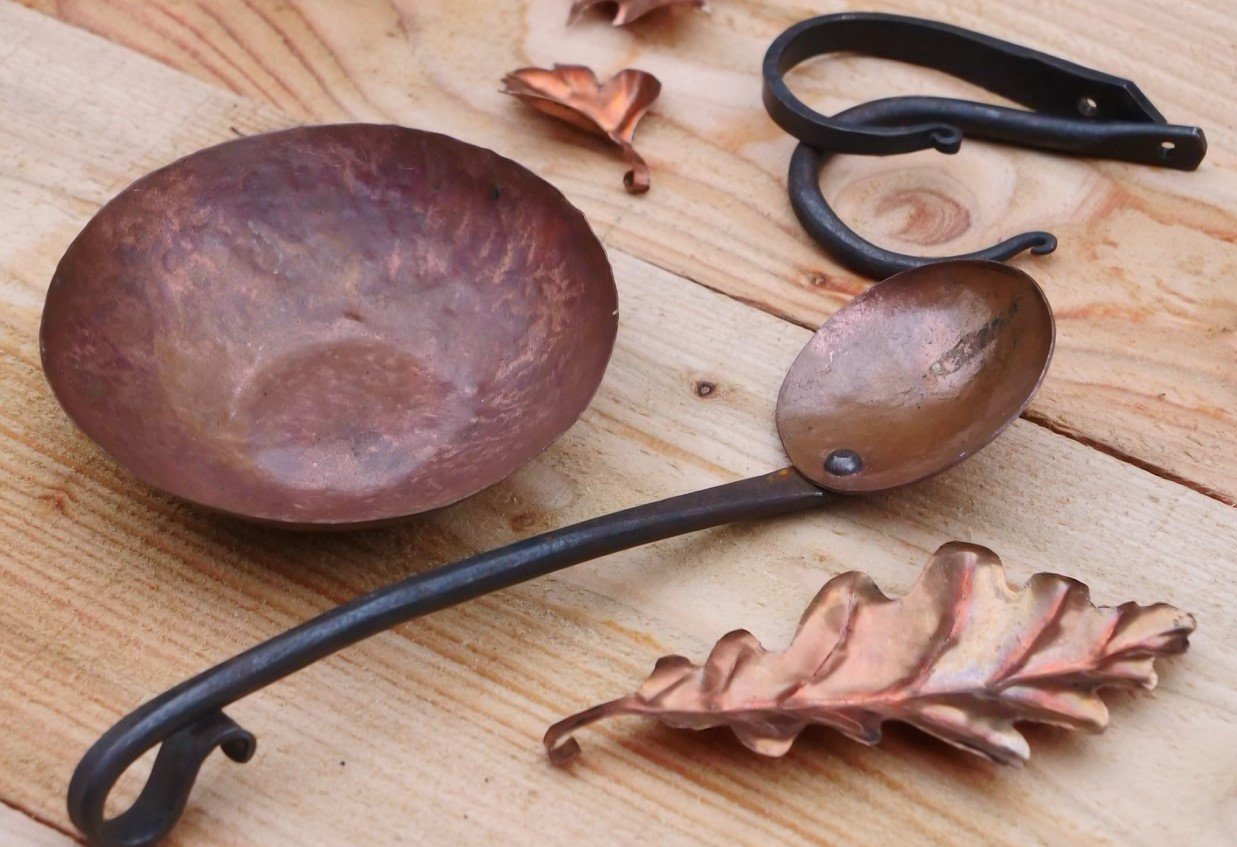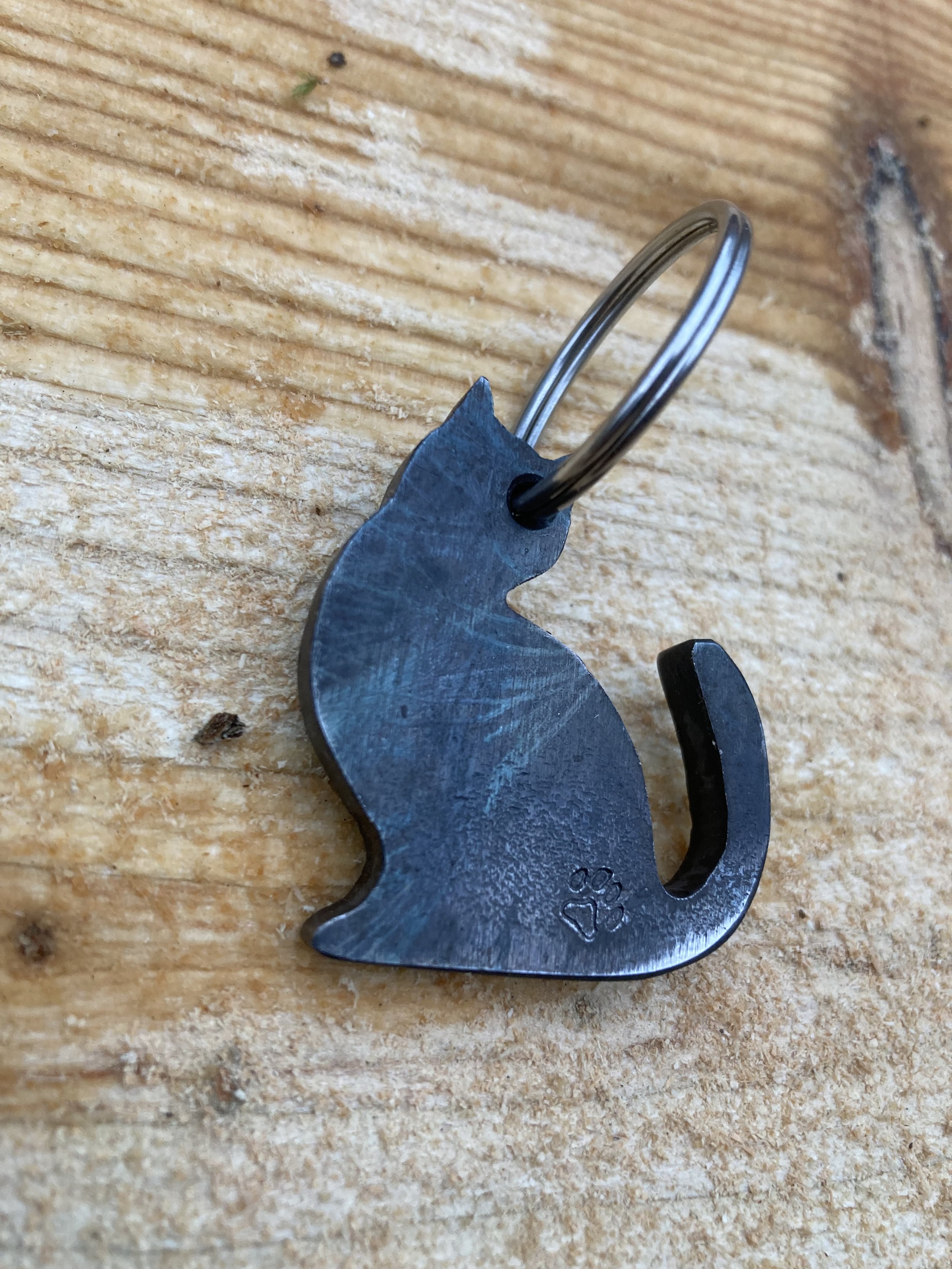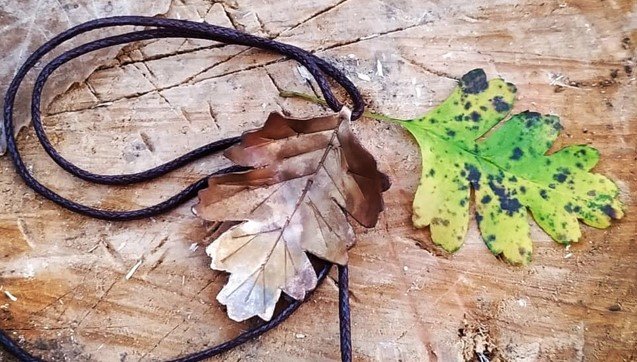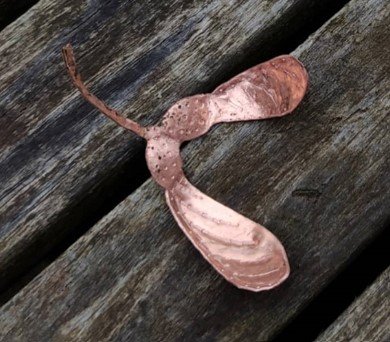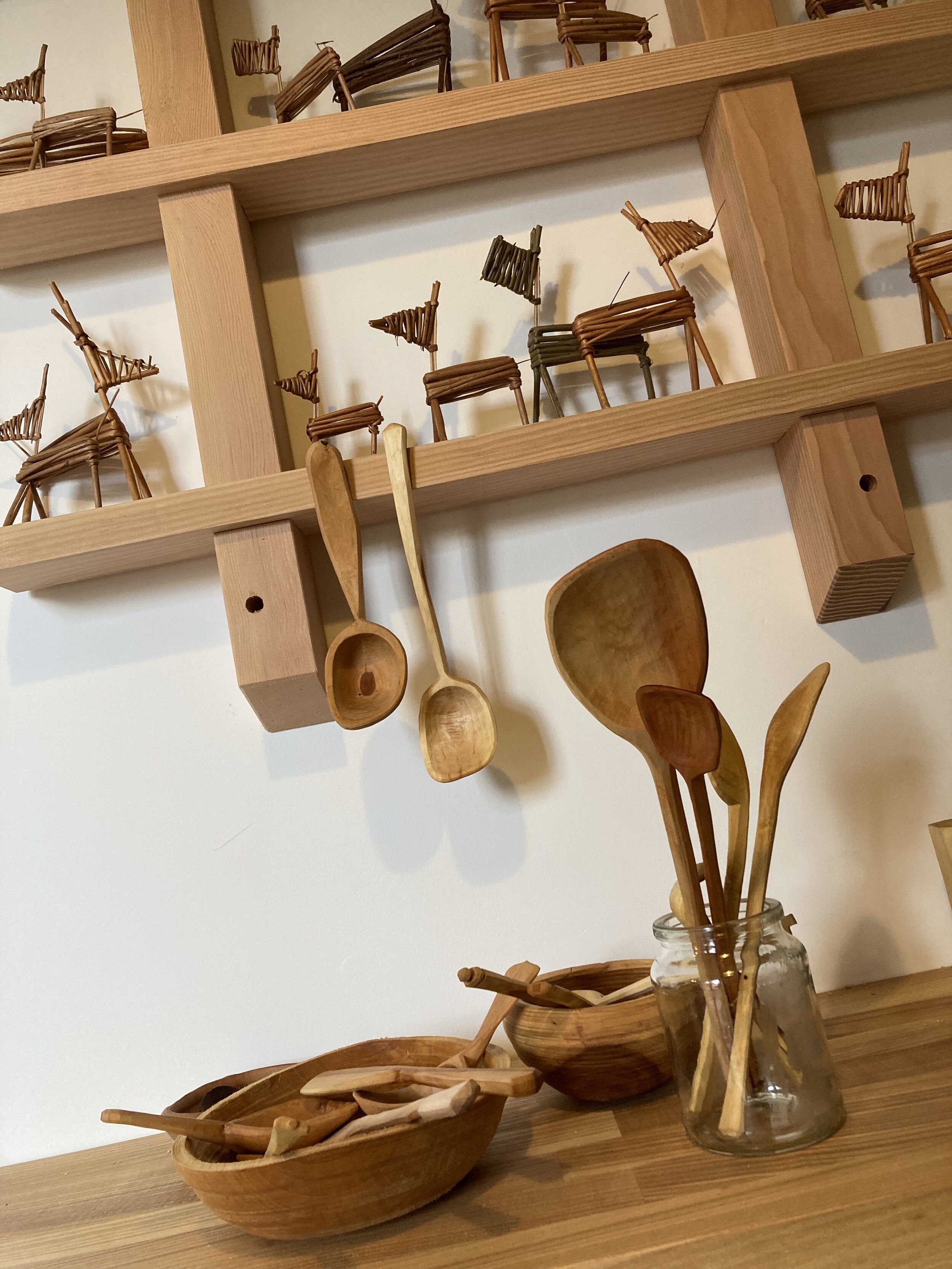
We support all art disciplines that complement and enhance the Riverside House environment. This includes, but is not limited to, art forms that are inspired and specifically contextual to the place itself. To bring the place alive with the richness of stories, visual art and performances that engage the community and widen participatory cultural experiences.
Traditional Craft
We often describe craftwork as being therapeutic, as indeed it is. We describe these moments of participation as moments when we ‘lose’ or ‘forget’ ourselves, and in our challenging modern world that is something we need more than ever. There is a real joy in working with natural materials that is deeply fulfilling. We tend to dismiss working with our hands as somehow inferior to scholarly learning, however this is not so. To engage the hand, head and heart together to create a functional object is a highly skilled, empowering and intelligent process, as anyone who has mastered it can testify.
“Craftsmanship names an enduring, basic human impulse, the desire to do a job well for its own sake” Richard Sennett - author of The Craftsman
What’s more, the process is innately sociable. To engage as a group with the craft as the focus naturally enables conversation and discussion. This can be particularly relevant for someone who has social anxiety or autistic spectrum disorder, where pure social interactions could be overwhelming or even frightening. At Riverside House we may, for example, cut a branch from a tree, shape it into a dibber, use that dibber for sowing seeds, grow the vegetable, and then cook and eat the finished meal, a growing realisation that we are all connected, all reliant on each other, which helps develop appreciation and gratitude. Traditional craft connects and roots us with our inherited history and culture, there is a lawfulness that is passed down from maker to maker.
Over the next few years we will be expanding our repertoire of crafts, inviting established practioners to participate and share their skills through workshops and master classes as well as continuing to develop opportunities for craft in the areas of education, health and social care.
